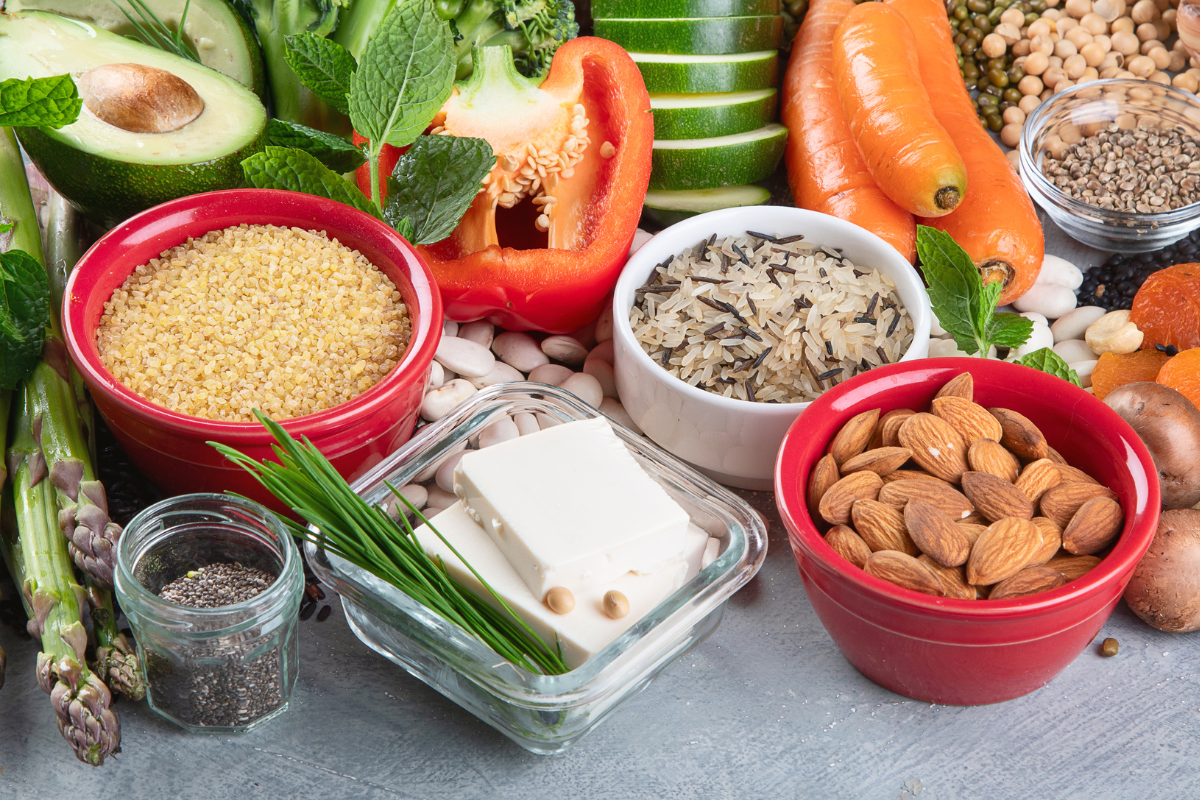Are you eager to transition to a plant-based diet? But, do you have a soy allergy that’s hindering the process? Are you unsure about the options you will have with soy off the table? Don't worry; your allergy isn't going to get in the way of your diet! Here's how to do it and the options you have at your disposal.
What causes soy allergy?
Soy is one of the most challenging foods to avoid for allergy sufferers. When the body's immune system misidentifies the innocuous proteins contained in soy as intruders, antibodies are produced against them. The immune system generates compounds like histamines the next time a soy product is taken to "defend" the body. These chemicals create an inflammatory, allergic response when they are released.
So, what do you do now?
Although soy is an excellent protein source, many alternative options allow you to forgo soy while still obtaining the nutrients you need. Yes, you can consume a plant-based diet without soy milk, tofu, tempeh, miso, or other animal alternatives.
An essential thing to remember while eating a soy-free (or gluten-free, grain-free, etc.) diet is to consume natural foods as much as possible rather than manufactured allergen-free meals. Priority should be given to fruits and vegetables, nuts, seeds, leafy greens, legumes, beans, and alternative milk such as almonds, hemp, rice, coconut, and cashew.
What other food options do you have?
Alternative protein sources include nuts, grains, seeds, dairy-free ice cream, lentils, and plant-based milk such as almonds, oat, or coconut. Quinoa, like soy, is a complete protein, which means it has all the necessary amino acids you need. It also has significant protein content, with 8 grams in every cooked cup. Look for amaranth if you want to take it a step further. Amaranth is a protein-rich ancient grain that has 9 grams per cup.
Who else should stay away from soy?
In a PCOS diet, soy milk and all other soy products—chunks, tofu, and chaap—should be avoided. Soy isoflavones can activate and inhibit estrogen receptors in the body, causing the body's natural function to be disrupted. This can decrease estrogen activity because the isoflavones prevent the birth of more potent estrogen from attaching to the receptors. It can also produce more estrogen activity because the isoflavones activate the receptors.
BONUS TIP: Avoid using processed meat alternatives like plant patties as these are calorie heavy but nutritionally deficient!
The following is an example of a plant-based diet that we may follow while eliminating soy products:
Breakfast Options
- Quinoa vegetable bowl
- Fruit milkshake with chia seeds made with coconut milk
Lunch Options
- Veggie lentils sandwich
- Chickpea spiced tacos
Dinner Options
- Millet veggie wraps
- Lentil vegetable soup
Dessert
- Quinoa chocolate chip cookies
- Carrot cake muffins
To avoid an allergic response, it's critical to recognize the symptoms of a soy allergy and take immediate measures. Soy allergy frequently coexists with other allergies. A soy allergy can produce anaphylaxis, a potentially fatal reaction, in rare situations. But the good news is that now you know how to eat a plant-based diet without soy!

